People in the northern part of India primarily speak Hindi, more than 90% of the population at least. Even though most of them understand English quite well, learning a bit of the Hindi language will enhance the experience of your solo trip to northern India immensely. You will instantly be able to start a conversation with a local and maybe make some friends too! And not to mention, you will also be able to save yourself from all the tourist scams.
Me being a non-Hindi speaker hailing from Tamil Nadu, I didn’t speak a lot of Hindi growing up. But after putting in some effort and learning the language, I can proficiently speak Hindi, which has enhanced my travel experience in Nothern India. I highly recommend you learn at least a few Hindi phrases to have a smooth time exploring the northern part of the country.
I have made a list of 25 Hindi phrases that will help you communicate in the local language and not make you feel like an alien. Furthermore, I have divided these phrases into three categories – general, transport, and shopping so that you go through and learn these phrases at your convenience.
General Phrases
1. Mera naam Jennifer hai
Translation: My name is Jennifer
This is the most important of all. You should be able to introduce yourself to others whenever needed. Just learning this one phrase will help you make friends and spark a conversation immediately. Don’t worry, the people in the northern part are friendly and welcoming, so you won’t have a hard time making friends. You can even stick to the identity ‘Jennifer’ or any other fake name if you think the person you’re conversing with is not genuine enough.
2. Mujhe Hindi nahi aati
Translation: I do not know Hindi
This phrase will save your life, so don’t be afraid to use it! There is nothing wrong with just accepting the fact that you cannot understand the Hindi language. People aren’t going to give you a death stare. Instead, they will talk to you in English if they know it themselves.
3. Kya aap ko English aati hai?
Translation: Do you know English?
If you don’t know the local language, why not ask the locals if they know your language? You can either use the previous phrase or this one to let the locals know that you cannot understand the Hindi language. And more often than not, they will answer in the affirmative and greet you with a smile.
4. Aap ka naam kya hai?
Translation: What is your name?
The number of conversations that you can start by just using this phrase is countless. Something as simple as asking someone’s name is enough to get a conversation going. You can then tell them that you are on a solo trip to northern India, and they may even suggest you some amazing places to explore!
5. Aap kaise hain?
Translation: How are you?
You can ask this question to know the general well-being of the other person, and it shows that you are actually interested in talking to them, even though there might be a language barrier. These three words are capable of bringing a smile to any person’s face, and you’ll get to know how their day is going.
6. Mai Canada se hoon
Translation: I am from Canada
This simple phrase will allow the other person to know a little more about you and where you are from. You can then go on and describe your country and mention some things that you found in India which aren’t common in your country. If you are from another part of India and cannot speak in Hindi, you may try talking to them in your mother tongue and see if they know it!
7. Mujhe madad chahiye
Translation: I need help
You can use this phrase in many contexts. If you want to visit a museum in the place, ask for help in Hindi. If you want directions to some places, ask for help in Hindi. Even though you can do all of this on your phone, knowing this phrase for help will go a long way.
8. Yahan koi accha restaurant hai kya?
Translation: Are there any good restaurants here?
North India has a wide variety of food to offer. You can experience this from the various food stalls that are put up on the streets in the evening. But if you wish to eat something from a restaurant, asking a local will be your best bet as they will guide you to the most famous restaurants in the place.
9. Mujhe samajh nahi aaya
Translation: I did not understand
This will be your most common reply when someone talks to you in Hindi lol. But the good news is that learning this phrase is far easier than learning the language itself. So, on your solo trip to northern India, don’t forget to use this phrase if you don’t understand something, instead of pretending to be a know-it-all!
10. Koi baat nahi
Translation: No problem
You can actually use this phrase instead of saying the monotonous “you’re welcome.” If you end up helping someone and that person thanks to you, use this phrase. Or if someone disturbs or interrupts you and you’re not bothered by that action, this phrase can be used.
11. Aap se milke accha laga!
Translation: Nice to meet you!
This phrase can be used in two ways in the Hindi language, either when someone introduces themselves to you or when you’re leaving, and you mean to say that you enjoyed your time with them. It can be a nice addition to your list if you end up having a cup of tea/coffee with a local person and genuinely mean to say it.
12. Phir milenge, alvida!
Translation: See you, bye!
When it’s time to say goodbye, instead of saying it in English, flaunt your Hindi speaking skills and use this phrase to bid adieu to your new friends and leave them with a smile on their face. It’s a subtle change in words that can make a huge difference!
Shopping-related Phrases
13. Kya mai ye dekh sakti hoon?
Translation: Can I see it?
When you go out shopping (which will be quite often), you can ask the seller to show you a particular product in the local language. This will eliminate the chances of the seller looting you as it is quite common here in India for people to loot the non-local tourists by charging them an exorbitant amount of money.
14. Ye kitne ka hai?
Translation: How much is it for?
If you like a particular product, you can ask for the price in Hindi. If the product doesn’t have an MRP (Maximum Retail Price) mentioned, the seller may ask to pay an increased sum of money. To avoid this circumstance, you can use the Hindi language to ask for the price.
15. Ye bohot mehenga hai
Translation: This is very expensive
You will be using this one a lot (even local tourists do!). But don’t hesitate to use it if you feel that the seller is trying to cheat you by unnecessarily increasing the price. Just start walking away from the shop, and you’ll see that the seller will start convincing you to buy the product by reducing the price, and when you think that the price is reasonable, you can go ahead and buy it. This is the golden rule of shopping in India! The rule is to bargain A LOT!
16. Kya aap discount de sakte hain?
Translation: Can you give a discount?
Trust me, this phrase works only if you use it. Don’t expect the seller to give you a discount because you are buying something from them. Something as simple as using this phrase can actually make the seller reduce the price, almost always. I mean, who doesn’t like discounts?
17. Mujhe ye chahiye
Translation: I want this
When you finally make up your mind after thoroughly checking and comparing products, you can use this phrase and tell the seller that you would like to buy it. This is a simple phrase that can not only be used during shopping but also at other times when you want something else. For example, you can point at a particular thing that you don’t know the name of!
18. Mujhe ye nahi chahiye
Translation: I don’t want this
This is the opposite of the previous phrase. It can also be used anywhere to convey that you do not want something in particular. If a seller shows you a product and you don’t like it, then you can use this phrase to tell that you do not want it. It might sound dull to use all these phrases, but trust me, these dull phrases will help you to convey your message to the locals if someone doesn’t understand the English language.
Travel-related Phrases
19. Mujhe Delhi jaana hai
Translation: I want/have to go to Delhi
If you make friends and they ask you to spend some extra time with them, you can always use this phrase by replacing the name of the place you want to go to. Also, if you end up travelling on public transport, using this phrase in Hindi will make the ticket collector’s job easy as he/she would be more comfortable with the Hindi language.
20. Delhi kitna dur hai?
Translation: How far is Delhi?
This phrase is generally used to ask for the distance of places nearby or in the same city. You can ask the locals about any restaurant, monument, or famous tourist attraction to get a rough idea about how far the place is. And then you can add the next phrase to know how to get to that place.
21. Delhi kaise jaate hain?
Translation: How to go to Delhi?
You can replace the name of the place with any place that you would like to go to and ask the local people how to get there. They will guide you and inform you about the bus and train timings, if applicable. They will also tell you the directions to a particular place which is nearby. Now, you might think that all of this can be done on your phone, right? Well, yes, but it is good to know this phrase, so you don’t feel alienated if your phone battery dies. Just saying!
22. Ticket kidhar milega?
Translation: Where can I get the ticket?
If any public transportation service requires you to book a ticket in advance, you can always ask the local people about where the tickets are sold. This will avoid any unnecessary problems that you might have to face while boarding the public transportation vehicle.
23. Ek Delhi ka ticket dijiye
Translation: Give me a ticket to Delhi
It is quite common that the ticket collector does not understand English. Sometimes, just saying the name of the place also works, but it is always nice to clearly tell the ticket collector where you want to go to. This will avoid any unnecessary trouble of translation and will be very helpful when you use public transport during your solo trip.
24. Ek chai/coffee
Translation: One cup of tea/coffee
Indians love their chai (tea)! Roadside vendors make the best tea in India, something you should definitely try during your solo trip. It is almost impossible that any roadside vendor would understand English, and more often than not, just saying the words chai/coffee should get the job done.
25. Mai kho gayi hoon
Translation: I am lost
If you ever find yourself lost on the busy streets, just tell the local people, and they will guide you. Make sure to not say this to someone who looks suspicious, as it wouldn’t be right. If you feel that you’re lost in a place, and you get too scared, feel free to call 100, the national emergency number of the police. Click here and read this blog to know if India is a safe destination for solo female travellers.
You might be asking yourself if learning all these phrases is all that important. In the age of digitization, everyone uses a smartphone, communicates in English, so there shouldn’t be a communication barrier anywhere in the world. But trust me, learning these simple phrases can change your whole experience from feeling alienated to feeling like one amongst the locals. These phrases are very simple, but if you find anything difficult to learn, just save the blog and come back to it if you get confused. And if you have anything to ask or tell me, feel free to do so using the comment section.
If you are visiting India for the first time, I highly recommend that you read this blog. Also, do some research on the places you plan to visit during your solo trip to the Northern part of India. And if you have no idea about what to do there, check out my blog on the ultimate guide to Northern India to gain some perspective. But above all, don’t forget to have fun during your solo trip because incredible India is one of the most beautiful places you can ever go to!

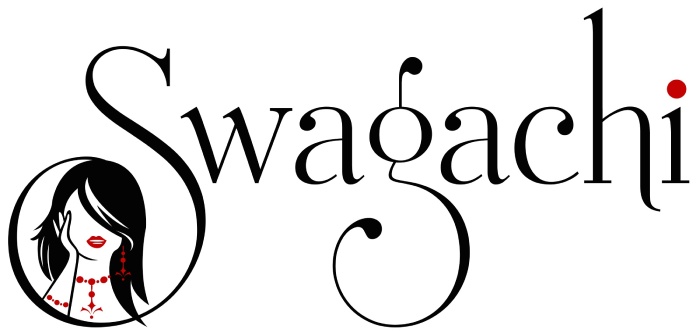
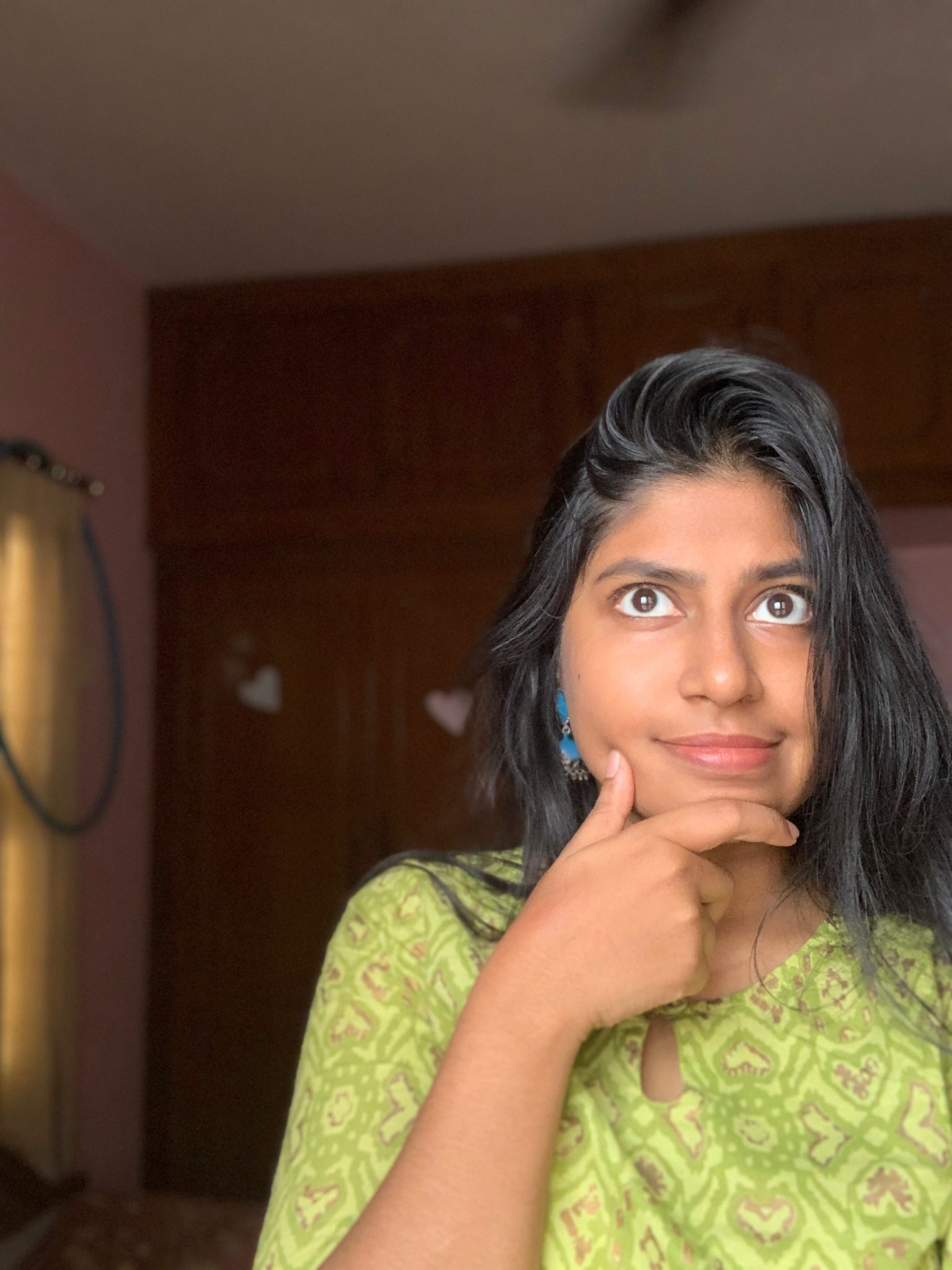
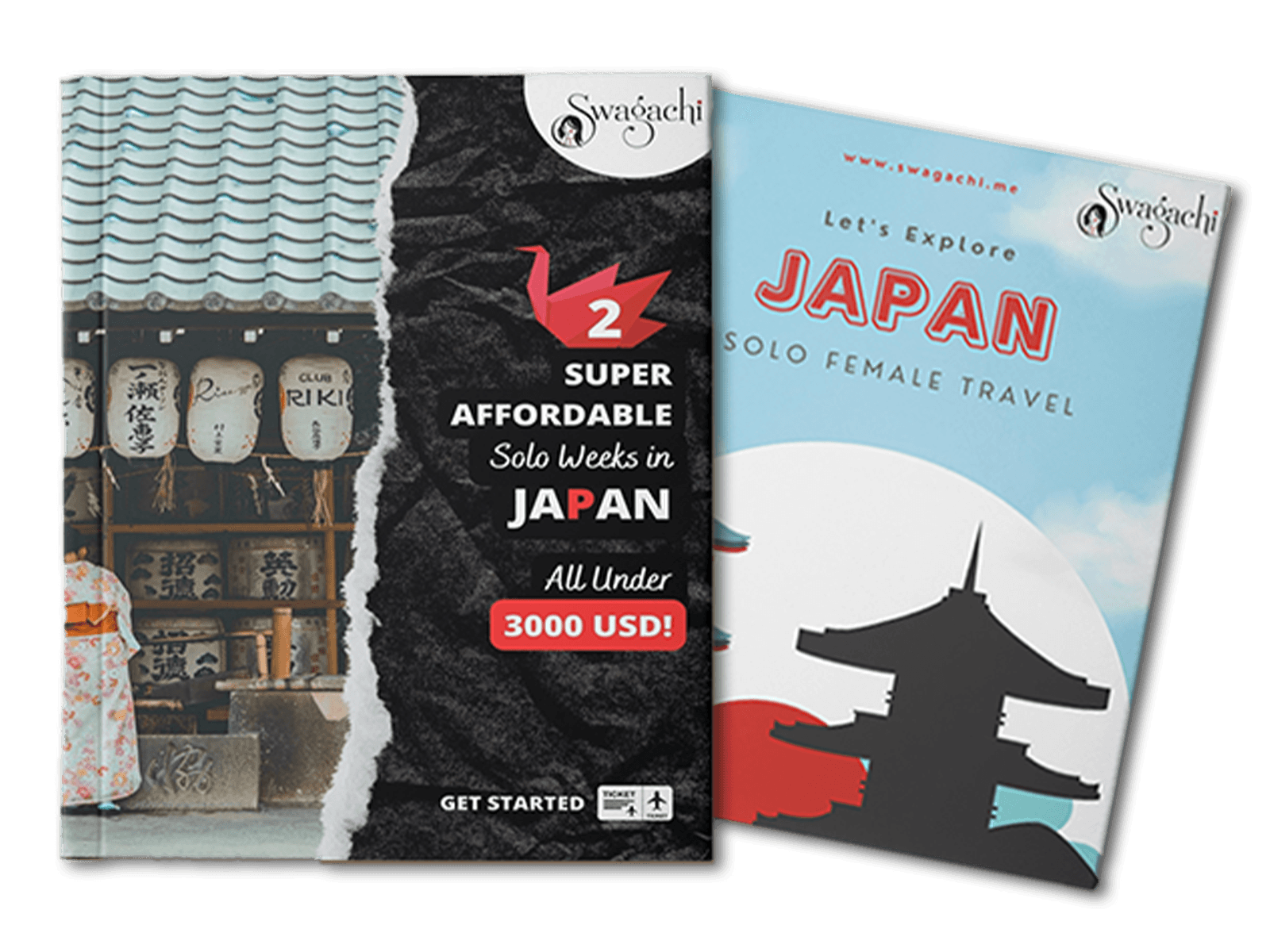
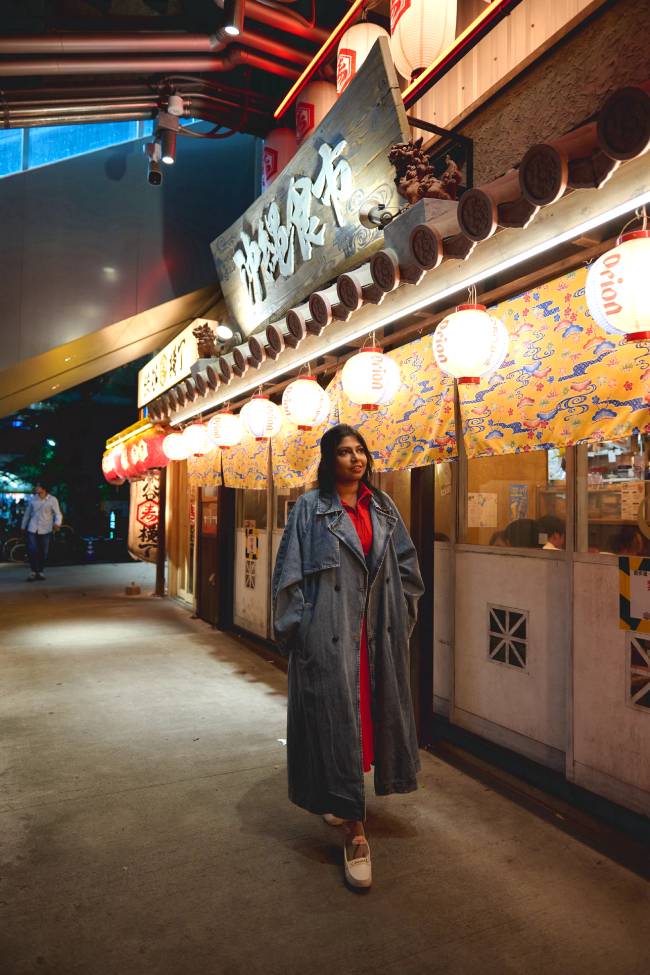
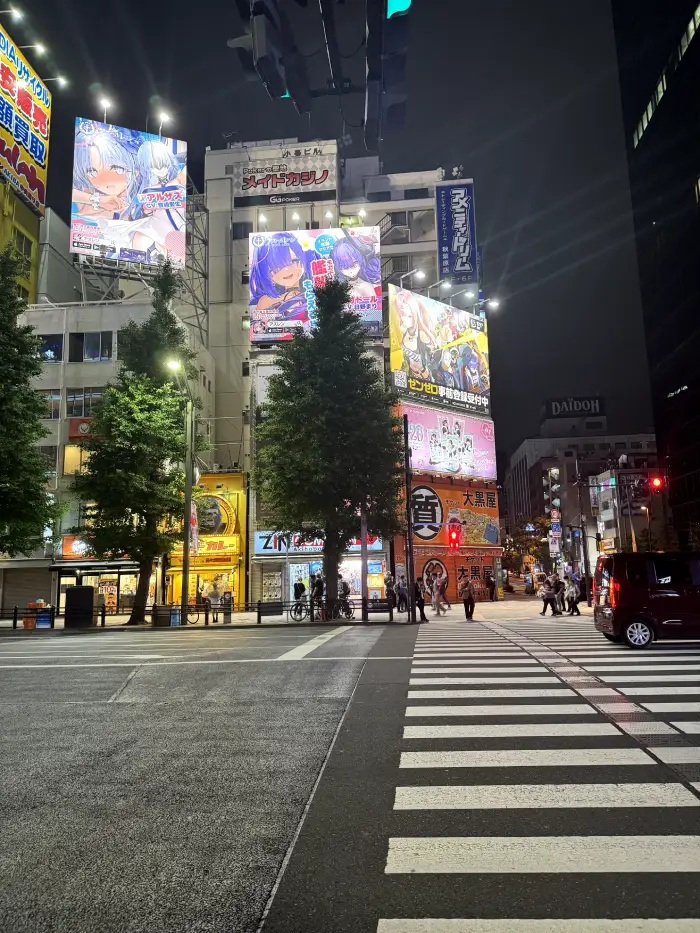

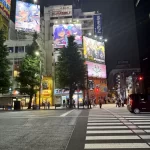

Leave a Reply